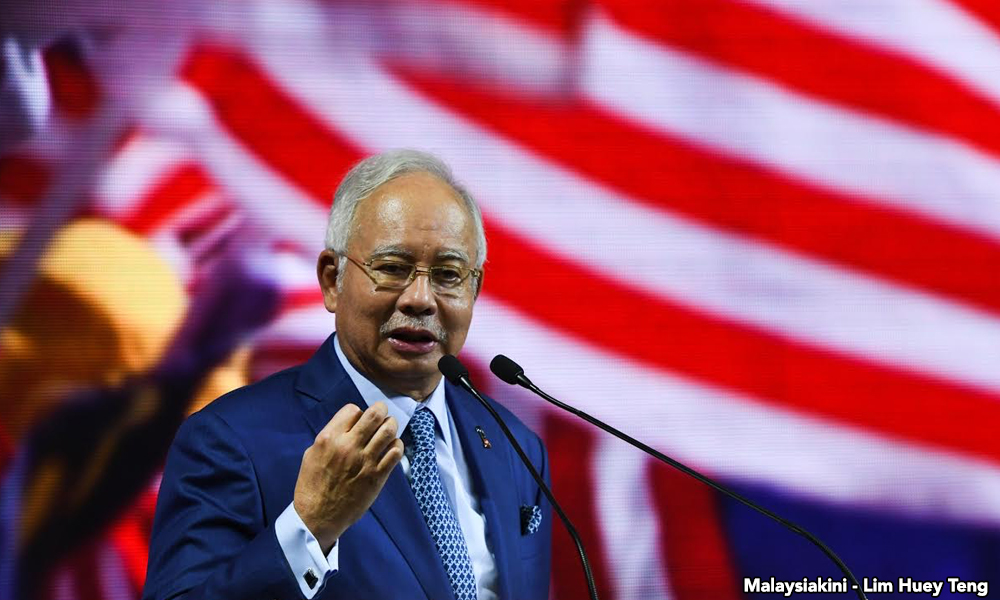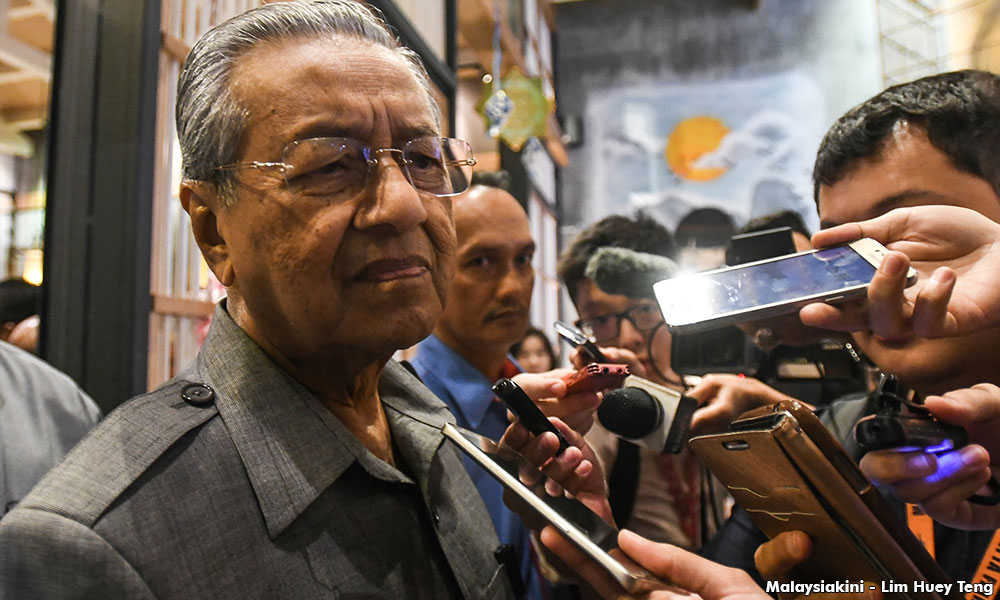Malaysia is unlikely to meet earlier targets it set for a balanced budget by 2020 and will need another two to three years to reach the goal, the country's second finance minister said on Thursday.
The shift in the budget target follows comments by ratings agencies late last year that the Southeast Asian economy might struggle to meet its objectives in the stated timeframe due to a run up in spending.
"I don't think by 2020 (the government) can achieve a balanced budget, because if you do that, basically you will squeeze economic development," second finance minister Johari Abdul Ghani said at a conference, adding the government will have to spend in order to stimulate the economy.
"We will try to extend it to 2022-23," he said.
Johari reiterated projections stated previously that the fiscal deficit will be reduced to 2.8 percent of gross domestic product this year from three percent in 2017.

Prime Minister Najib Abdul Razak (photo) has been able to lower Malaysia's fiscal deficit every year since taking power in 2009, and that has been significant for maintaining Malaysia's investment-grade sovereign credit ratings.
However, some analysts are concerned the increase in government spending will hinder the pace of deficit reduction going forward.
Najib, under pressure to shore up his government's popularity, in October unveiled a budget aimed at winning votes in a national election that must be held by August.
He announced a spending increase of 7.5 percent for 2018 from last year, and said the government plans to cut personal income tax for lower-income citizens, pay more to pensioners and spend billions on schools, hospitals and rural infrastructure.
Post the 2018 budget announcement, ratings agency Moody's said it does not expect Malaysia to achieve the balanced budget target by 2020. Rising spending in the run up to the elections and lack of revenue reforms slowed the pace of deficit reduction, it said.
Fitch, however, said in October Malaysia's 2020 target would "require a step-up in consolidation efforts in 2019 and 2020, but is not unattainable."

Najib faces his toughest election yet as he looks to counter bad publicity from a corruption scandal involving state-owned fund 1Malaysia Development Berhad (1MDB) and a growing challenge from Dr Mahathir Mohamad (photo), his former mentor turned rival.
Malaysia's economy expanded at its fastest pace in more than three years in the third quarter of 2017, a turnaround from 2016 when low oil prices hurt.
- Reuters

